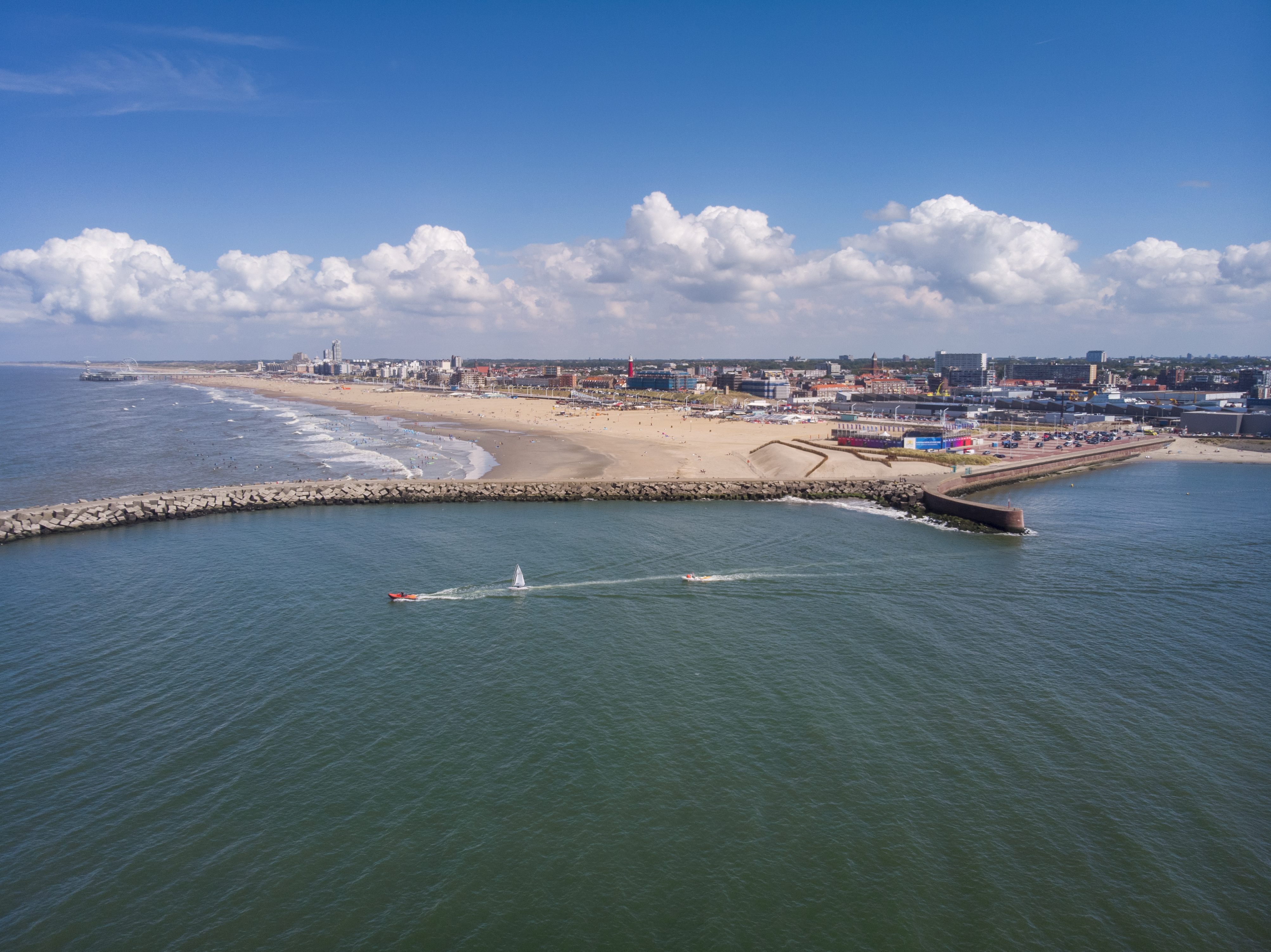
New Research Reveals: Global Geopolitical Instability Poses Major Challenge for Associations
20 May 2025
A significant majority of associations and not-for-profit organisations are feeling the strain of global political volatility, according to new research from The Hague & Partners Convention Bureau in collaboration with the European Society of Association Executives (ESAE).
Associations under pressure from political volatility
The survey, which gathered insights from 99 senior leaders across the association sector, found that 88% believe geopolitical instability will affect their operations in the future, while 85% say it already has. With issues ranging from political upheaval to rising populism and tightening regulations, associations are under growing pressure to adapt or risk falling behind.
“These findings make clear that associations are no longer operating on the periphery of geopolitical dynamics - they are deeply affected by them,” said Bas Schot, Head of The Hague & Partners Convention Bureau. “The sector must strengthen its governance structures and realign strategically to remain resilient in this fast-changing environment.”
Lack of preparedness across the sector
The research points to a stark reality: only 13% of organisations feel well prepared to manage the geopolitical shifts underway. The rest are either only somewhat prepared (72%) or admit to being entirely unprepared (14%).
One of the most concerning findings is the impact of populism. Over three-quarters of respondents (77%) believe the rise of populist parties and movements is affecting their organisations. A significant 30% expressed high levels of concern about how populism could influence their boards’ composition and decisions.
Proactive measures: strengthening values and governance
In response, many associations are taking proactive steps:
- 81% are reinforcing their commitment to core missions and values.
- 63% are focusing on strengthening governance.
- 61% are working to increase board diversity to ensure a broader range of perspectives.

Lessons from past crises, but gaps remain
While 83% of respondents said past crises like the COVID-19 pandemic and the global financial crisis have offered valuable lessons, nearly half (42%) identified lingering knowledge gaps that may hinder their ability to respond effectively.
Commenting on the findings, ESAE Managing Director Ioannis Pallas said: “This research underlines how geopolitical developments are no longer tangential to association leadership – they are central. Associations must evolve structurally and strategically, not only to stay relevant but to continue being forces of positive change in society.”
Event planning disrupted by instability
One area where these challenges are playing out visibly is in event planning. While only 27% of respondents reported direct disruption to organising events in Europe, 28% said they have already relocated events to more politically stable regions - a sign that global instability is beginning to shape decision-making around mobility and logistics.
Final message: adapting is essential
As associations grapple with an evolving world order, the message from the report is clear: adapting to geopolitical uncertainty is no longer optional - it is essential for survival and impact.
Download the full whitepaper

More information & Download the full whitepaper
White paper from The Hague & Partners Convention Bureau and ESAE outlines the sector’s need for a strategic response across four critical areas: Events, DEI, ...
More news, research and insights from The Hague

Unleashing the Power of Legacy: Discover its Meaning and Impact
It is clear that legacy is many different things to many different people and organisations. It is focused and discussed by people from across the industry ...

Whitepaper shows concern at ethics of event organisers using AI
The research, which investigates the current and potential impact of AI within the sector, is based on qualitative and quantitative methods, including a ...

Stories of Purpose The Hague
The Hague, the City of Peace and Justice, also known as an innovative city with impact makers in the field of cybersecurity, NGOs, Blue Economy and Energy.